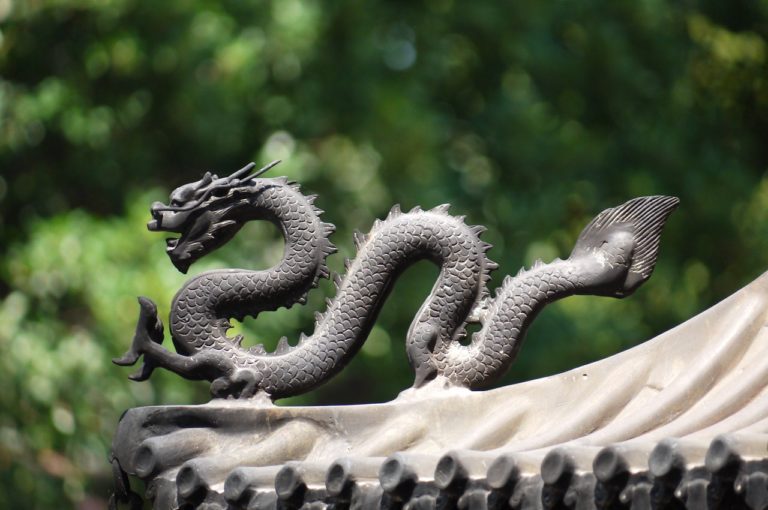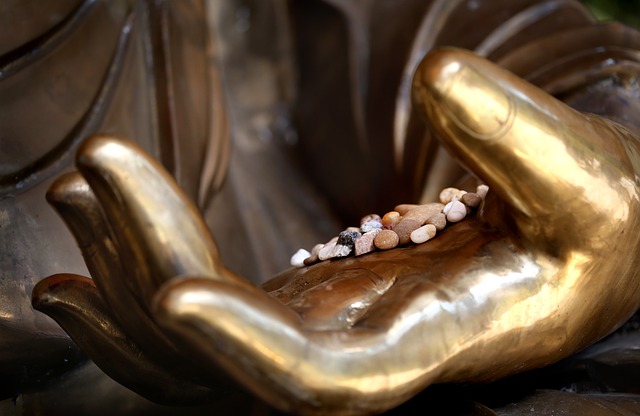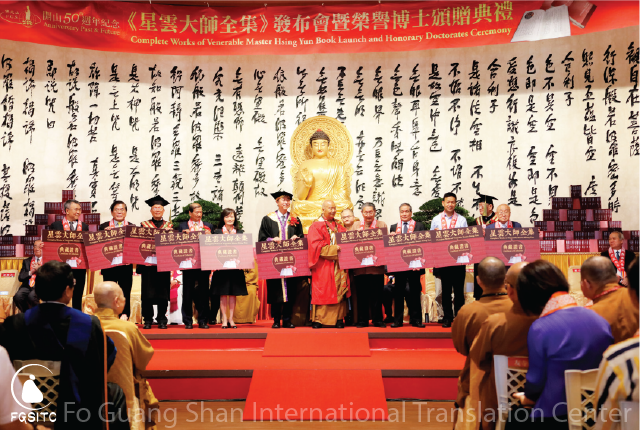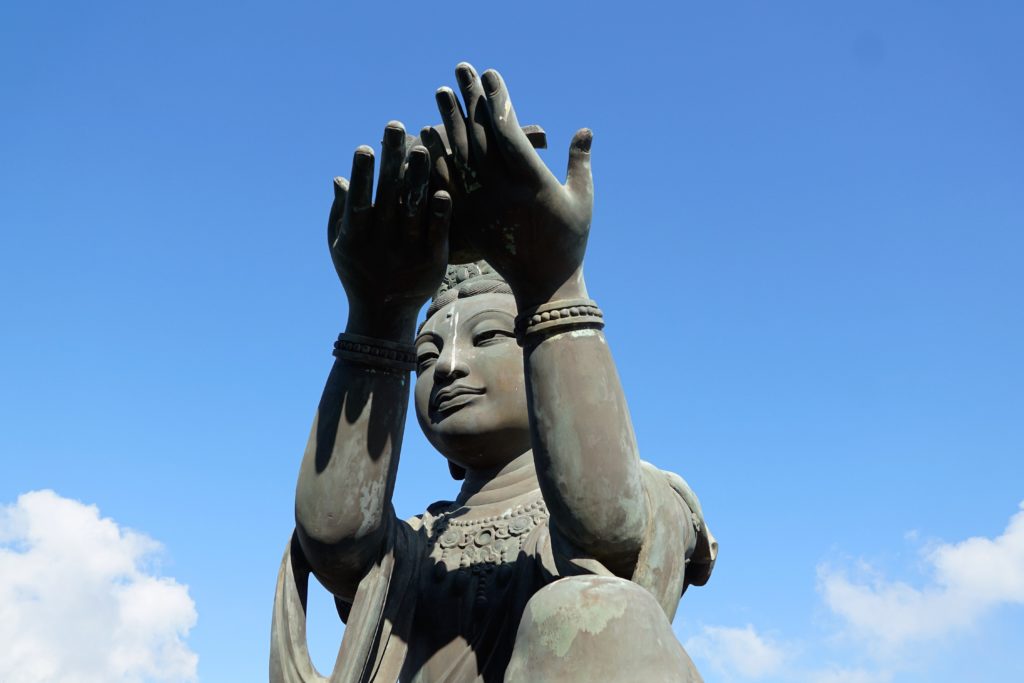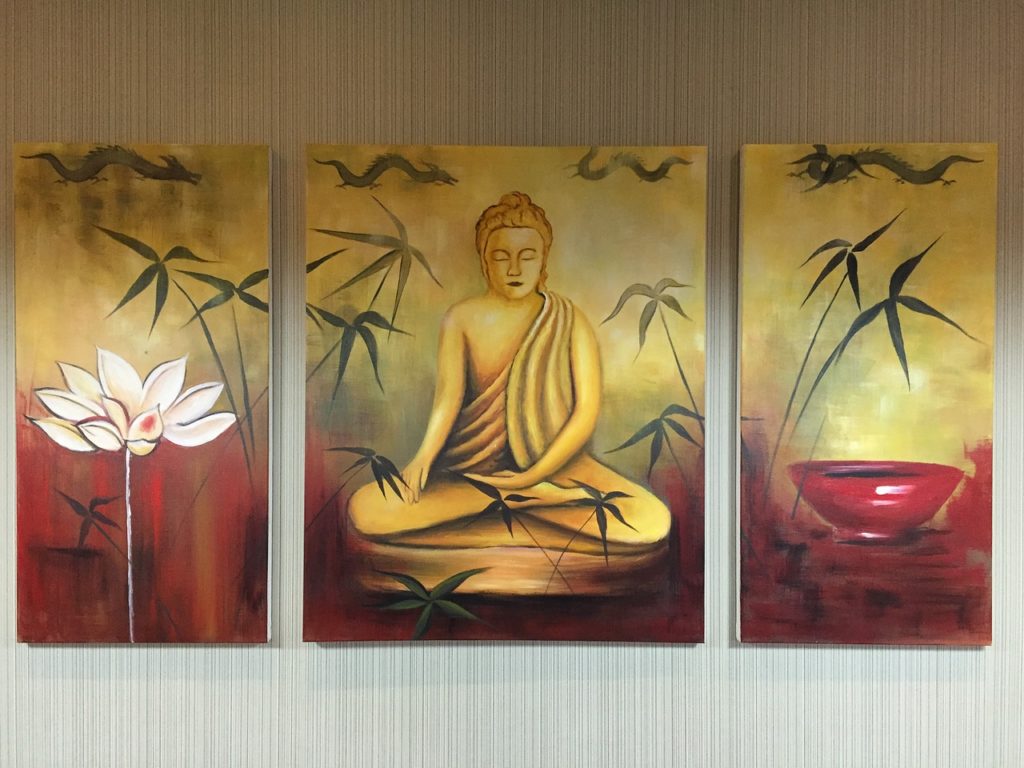
The Commentary on the Sutra of Golden Light says,
“Greed is like an ocean current that flows without ceasing.”
Harmful attachments are often described in Buddhist literature as impediments or hindrances because they block our view of the truth and prevent us from seeing our own Buddha nature. Sometimes, too, they are described as “deceptions” because they mislead us so easily. When they are described as deceptions, they are usually divided into two basic groups—deceptions of outlook and deceptions of thought or personality.
Deceptions of outlook are our philosophies of life. They are wrong views. Wrong views quickly lead to wrong thoughts and wrong actions. They are the ultimate source of many secondary harmful attachments. Wrong views are basically those views which contradict the teachings of the Buddha.
Deceptions of thought or personality are the internalized illusory appearances of the false self. They are nothing more than a vast collection of selected memories, self-serving excuses, self-centered fantasies, base intentions, and often violent defense mechanisms. They are what we draw on for most of our worldly behavior. Of course, the human character also contains intimations of enlightenment, love, kindness, joy, and all of the many promptings that lead us toward Buddhahood.
The purpose of Buddhist practice is to use this second group of traits to overcome the first group.
The Sutra in Forty-two Sections says,
“When people give in to their desires, they become enchanted with excess and showing off. They become like a stick of incense that burns itself out—though others may admire its fragrance, the incense itself pays for the spell it casts by destroying itself.”
As we examine the roots of our desires, we should consider them in the light of one or more of the contemplations mentioned at the end of chapter two. These basic contemplations were designed by the Buddha for no other purpose than to help us come to grips with the actual contents of our minds. Properly used, they will save us from much trouble and sadness. When we contemplate the inherent uncleanness of our desires, we will be less likely to be entranced by them. When we contemplate their essential emptiness, we will be less likely to be gulled by their vacuous insistence. When we contemplate the impermanence of both our desires and the conditions that gave rise to them, we will be more inclined to look inward for satisfaction, and not outward.
The Treatise on the Middle Way says,
“When we are wholly selfless, harmful attachments do not arise.”
The Sutra of Teachings Bequeathed by the Buddha says,
“People who are afflicted with many desires, always think about themselves and thus they have many troubles and cares. Though they may be wealthy, people who have many desires are poor in spirit. Though they may be poor, people who have few desires are rich in spirit.”
More desire is cured by its own opposite: fewer desires. The sutra says: Lessen desire and be without any wishes and the body and mind will be at ease.
When our desires are balanced and reasonable, we can be content. The Buddha taught that deep wisdom can be found only by following a “middle way” between dualistic extremes. The middle way can always be found by contemplating which side of a dualistic pair is contending for our attention. If we discover that we are becoming attached to money, we can find a healthy balance again by practicing giving, and reflecting on the fact that money is valuable only when it helps people, never when it harms them. If we find ourselves becoming attached to something that makes us angry or resentful, we can find a healthy balance by emphasizing compassion.
When we have lessen desires we will be happier because our lives will be easier to manage and we will have more time to consider that which is most important. Honest introspection always leads to the truth. If our introspection leads us to discover many harmful attachments within us, then we must take steps to understand their origins, as we look for ways to balance their deleterious influences. If it leads us to discover inklings of the enlightened Buddha mind within us, then we must encourage these inklings and cause them to grow and become more frequent. There is no better way to counteract the imbalances of samsara than to bathe them in the enlightened wisdom of the Buddha that already lies within us.
From The Great Realizations, written by Venerable Master Hsing Yun.
Image from Pixabay.


